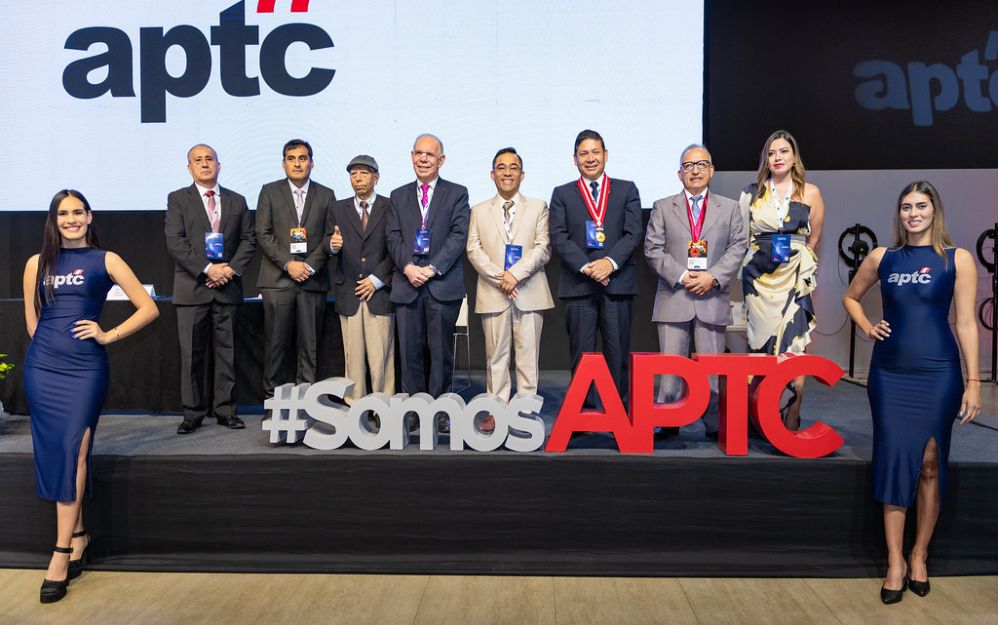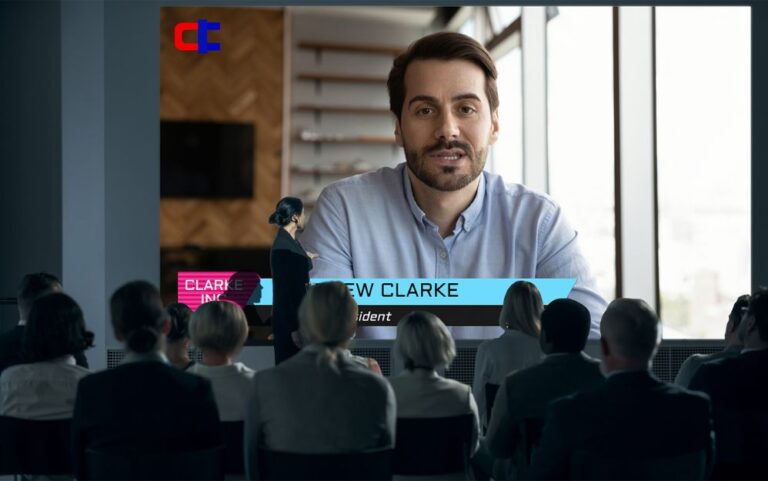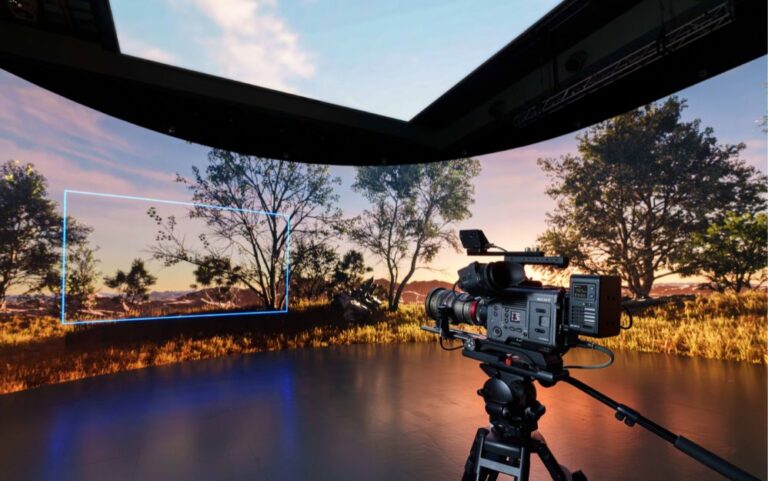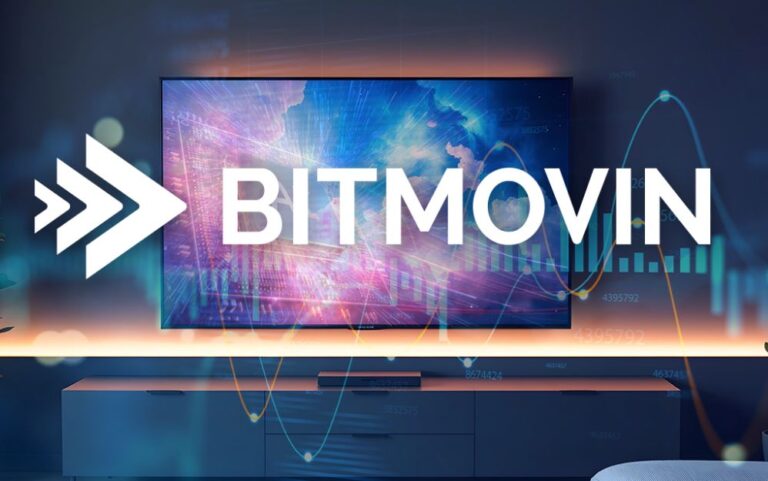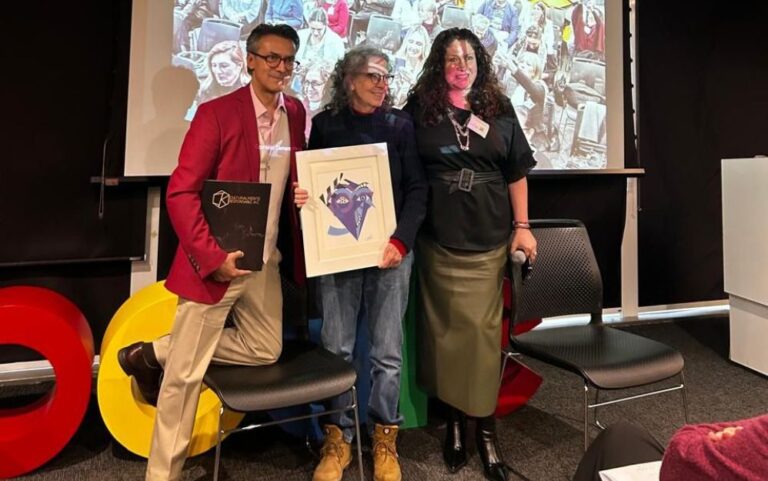U.S. HISPANIC Versión en español
Director Guillermo Navarro of Amazon MGM Studios’ Hotel Cocaine: Dominican Republic helped us recreate Miami in the 70s
Maribel Ramos-Weiner| 10 de mayo de 2024

Guillermo Navarro, director of the pilot and executive producer of Hotel Cocaine
Driven by the need for authentic 1970s Miami, Amazon MGM Studios filmed the eight-episode series Hotel Cocaine (8×60′) in the Dominican Republic. Modern Miami has undergone significant development, making it difficult to capture the era’s distinct visual character. Hotel Cocaine premieres on June 16 on MGM+ in the US, with regional distribution negotiations ongoing.
“Our initial location scout took us to Colombia, but we ultimately settled on the Dominican Republic,” explained Guillermo Navarro, director of the pilot (4×60′) and executive producer of Hotel Cocaine. “The Dominican Republic offered a wealth of locations that perfectly captured the vibe of 1970s Miami. Additionally, the country boasts a well-established studio infrastructure and a crucial water tank set-up for some of our key filming sequences.”
PRODUCTION CREDITS AND SYNOPSIS
Aside from Guillermo Navarro, Fernando Rovzar and Sara Seligman each helmed two episodes of the series.
Chris Brancato serves as both creator and writer. This marks Brancato’s second foray into Latin American productions, following his success with Narcos for Netflix.
Guillermo Navarro is joined by Chris Brancato, Michael Wright, Nancy Cotton, Alfredo Barrios Jr., and Michael Panes as executive producers for Hotel Cocaine.
The series boasts a diverse cast led by Cuban-American actors Danny Pino and Yul Vázquez, alongside American talents Michael Chiklis and Mark Feuerstein. The production also features an Australian actress and a Spanish actress, rounding out the international ensemble. “We frequently had over 150 extras on set, in addition to the main cast,” Navarro shared.
“We even incorporated a dedicated team of dancers who helped capture the allure of the Mutiny Hotel,” Navarro explained. “Inspired by a real Miami establishment, the Mutiny serves as the central hub of the series, much like Casablanca’s iconic Rick’s Café.”

Román Compte (Danny Pino)
Hotel Cocaine plunges viewers into the heart of Miami’s late-1970s and early-1980s cocaine scene. The glamorous epicenter of this illicit world is the Mutiny Hotel, a dazzling nightclub, restaurant, and hotel that caters to a high-flying clientele. Cuban exile Román Compte (Danny Pino) reigns supreme as the general manager, navigating a world of Florida businessmen and politicians, international drug traffickers, CIA and FBI agents, models, sports stars, and musicians. Compte walks a tightrope, desperately trying to maintain order within the Mutiny’s chaotic facade while chasing his own version of the American Dream.
“Visually, we meticulously recreated the essence of the 70s,” Navarro explained. “From the color palette and costumes to the production design, every element transported viewers to Miami’s bygone era, with a touch of artistic license.” He elaborated that the series was filmed digitally using high-quality RED cameras equipped with French Angénieux lenses. “The technical support we received rivaled that of any major American production,” Navarro said.
The series is currently in post-production.
While Hotel Cocaine delves into the world of crime and touches on the drug trade, it’s not a story solely focused on narcotics trafficking, Navarro clarified. “Drug dealing is more of a backdrop, a reflection of the historical context and political realities of the era.”
SPANISH REIGN ON THE SET
Navarro reports that they also reached a beneficial agreement with the Dominican Republic, which has a rebate program to support production. “We used the existing crew and brought personnel from Mexico and Spain.”
Navarro emphasized the importance of Spanish as the primary working language, crediting it for fostering a collaborative environment that led to the creation of exceptional sets. He assembled a talented team, including Mexican production designer Raymundo Cabrera and costume designer Adela Gómez Cortázar. “We also brought in a photographer and several technicians from Spain with whom I’d previously collaborated,” he added. “Reuniting with these talented individuals from Mexico and Spain was a rewarding experience.”
Navarro expressed his satisfaction with directing the pilot episode, emphasizing the importance of establishing the world where the story unfolds. “Stepping back into the 70s and immersing myself in that era was truly captivating,” he shared. “This series resonates with broader Latin American narratives, exploring themes of fictionalized history, the Cuban exile experience in Miami, and the complex relationship between the two.”
“Filming in the Dominican Republic proved invaluable,” Navarro explained. “Our crew was a polyglot mix, seamlessly communicating in both English and Spanish, mirroring the show’s cultural milieu. This multilingual environment perfectly captured the essence of the era we were depicting.”
When asked what sets Hotel Cocaine apart, Navarro highlighted its unique perspective. “The series offers a fresh take on the 70s, weaving an American-Latin American narrative,” he explained. “This focus on our stories was a major draw for me. Additionally, Hotel Cocaine boasts production quality that rivals the best streaming shows, with all the ingredients of a truly compelling series. We’re excited to bring it not only to audiences worldwide, but also to the Latin American market.”
Diario de Hoy
|
|||||||||||||||||||||||||||||||||||||||||||||||||||||||||||||






